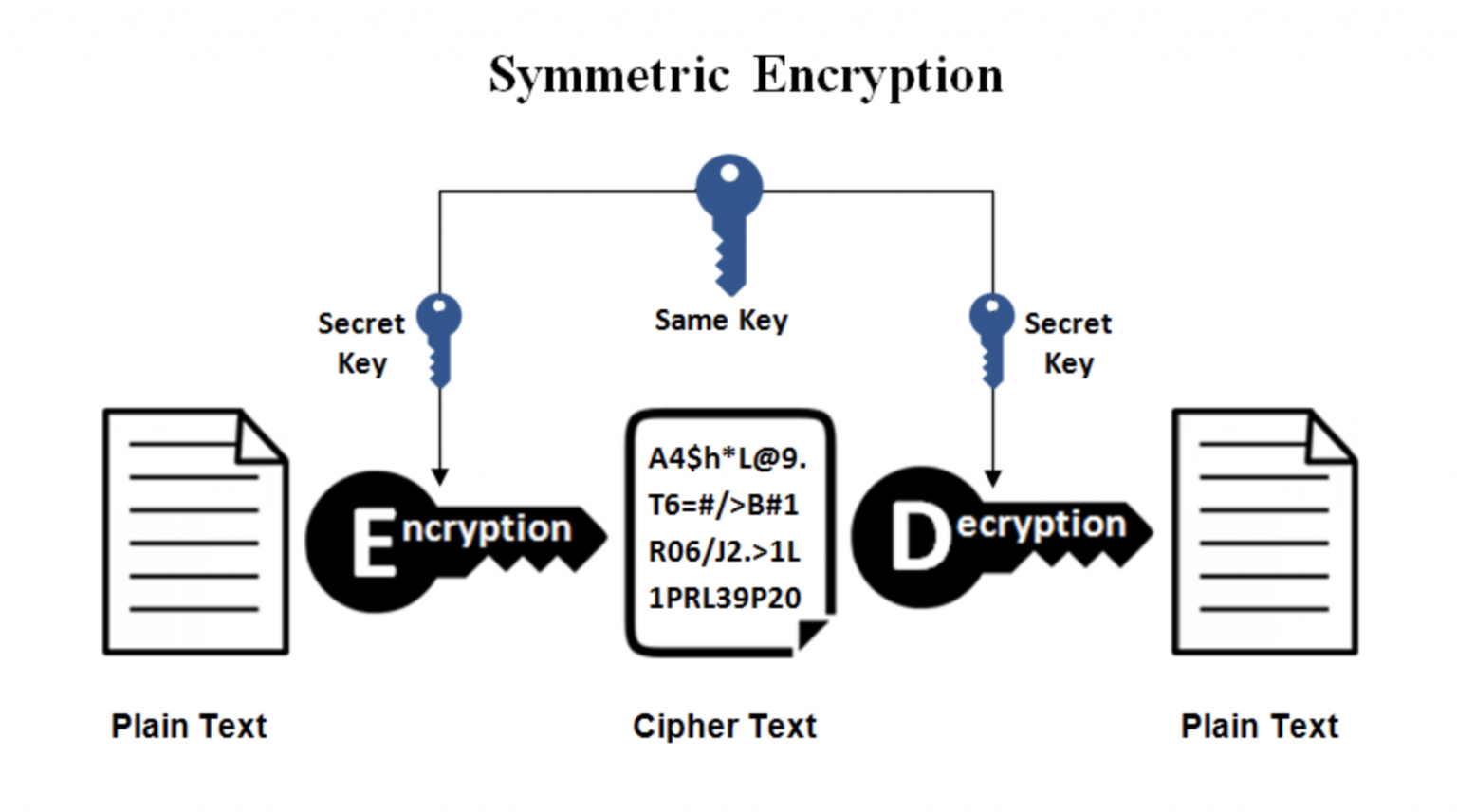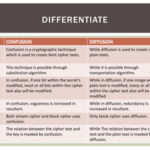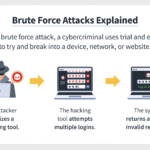In an era characterized by rapid technological advancements and escalating threats to digital security, the domain of cryptography is not only persisting but also expanding into uncharted territories. The question arises: Should you study cryptography in 2025? This inquiry warrants a nuanced exploration considering the multifaceted implications of cryptography in contemporary society and its promising future.
To commence, it is pertinent to acknowledge the exponential growth of data generation. The pervasive nature of the Internet, coupled with the ubiquity of smart devices, has culminated in a veritable deluge of information. With such an abundance of data, the imperative for robust security measures becomes more pronounced. Cryptography, as a safeguard for data integrity, confidentiality, and authenticity, stands at the forefront of this security paradigm. Thus, aspiring to comprehend its intricacies offers a compelling rationale for engaging with this field.
Beyond mere data protection, cryptography plays a pivotal role in enhancing personal privacy. In an age where personal information is commodified, the knowledge of cryptographic techniques empowers individuals to reclaim their privacy. Understanding symmetric and asymmetric cryptography, hashing functions, and digital signatures equips individuals with the tools necessary to protect their sensitive information from prying eyes. This individual agency over personal data is not merely an academic pursuit; it embodies a profound shift towards personal sovereignty in an increasingly surveilled world.
The advent of quantum computing predicates significant disruptions to traditional cryptographic methodologies. As quantum technologies evolve, they challenge the very foundations of current encryption protocols. This impending transformation demands an urgent need for cryptographers who can pioneer quantum-resistant algorithms. Individuals pursuing studies in cryptography are therefore not only preparing themselves for contemporary challenges but are also positioning themselves at the vanguard of an impending technological revolution. This multilayered complexity of the discipline ensures that a career in cryptography will be anything but mundane.
Furthermore, the applications of cryptography transcend mere data security. In the realm of blockchain technology, for instance, cryptographic principles underpin the integrity and functionality of decentralized systems. The proliferation of cryptocurrencies and non-fungible tokens (NFTs) has fueled a burgeoning demand for professionals well-versed in this esoteric knowledge. Thus, those who elect to study cryptography in 2025 will find themselves at the epicenter of burgeoning industries ripe with opportunities.
Moreover, the allure of cryptography is not confined to the realms of cybersecurity and blockchain; it extends into the realms of governance, law, and human rights. By studying cryptography, one can engage in critical discourses surrounding digital ethics, surveillance, and the balance between national security and individual freedoms. This interdisciplinary nexus enriches the study of cryptography, fostering a holistic understanding of its ramifications in multiple societal spheres. In this light, the pursuit of cryptographic knowledge transcends vocational aspirations—it emerges as a vehicle for societal contribution.
However, pursuing a study in cryptography is not devoid of challenges. The technical rigor required for advanced cryptographic concepts may deter potential learners. The mathematical foundations upon which cryptography is built demand a considerable investment of time and intellectual engagement. It is, therefore, essential to weigh these challenges against the potential rewards. Enthusiasts must possess a proclivity for problem-solving and analytical thinking, as the discipline demands both creative and methodical approaches to complex problems.
Additionally, one must consider the ethical implications intertwined with cryptography. The very algorithms designed to protect privacy can, in the wrong hands, facilitate malevolent activities such as cybercrime and terrorism. This duality presents a moral quandary that must be navigated with judicious discernment. Engaging with cryptography necessitates an acute awareness of these ethical dilemmas and an unwavering commitment to leveraging cryptographic knowledge for the greater good.
Equally vital is the dynamic nature of the field; cryptographic techniques continually evolve as new threats emerge and technologies advance. The need for continual education and adaptation creates an exhilarating, albeit demanding, landscape for cryptographers. This environment fosters lifelong learning and intellectual growth, appealing to those with an innate curiosity and a thirst for knowledge.
In essence, the decision to study cryptography in 2025 is suffused with promise and complexity. The imperative for security in an increasingly digitized world could scarcely be overstated. The multifarious applications of cryptographic principles, from personal privacy to advanced technology, forge a compelling tapestry of relevance and necessity. Yet, aspiring cryptographers must also grapple with the inherent challenges and ethical considerations that accompany the field.
As we venture into the future, the inquiry into whether one should delve into the study of cryptography transcends a mere academic choice; it embodies a commitment to navigating the intricate landscape of modern technology, privacy, and security. Ultimately, whether propelled by a passion for mathematics, ethics, or an undying quest for knowledge, those who embrace the study of cryptography in 2025 will undoubtedly find themselves at the crux of innovation and societal impact. Embrace the curiosity; the world of cryptography awaits.









Leave a Comment